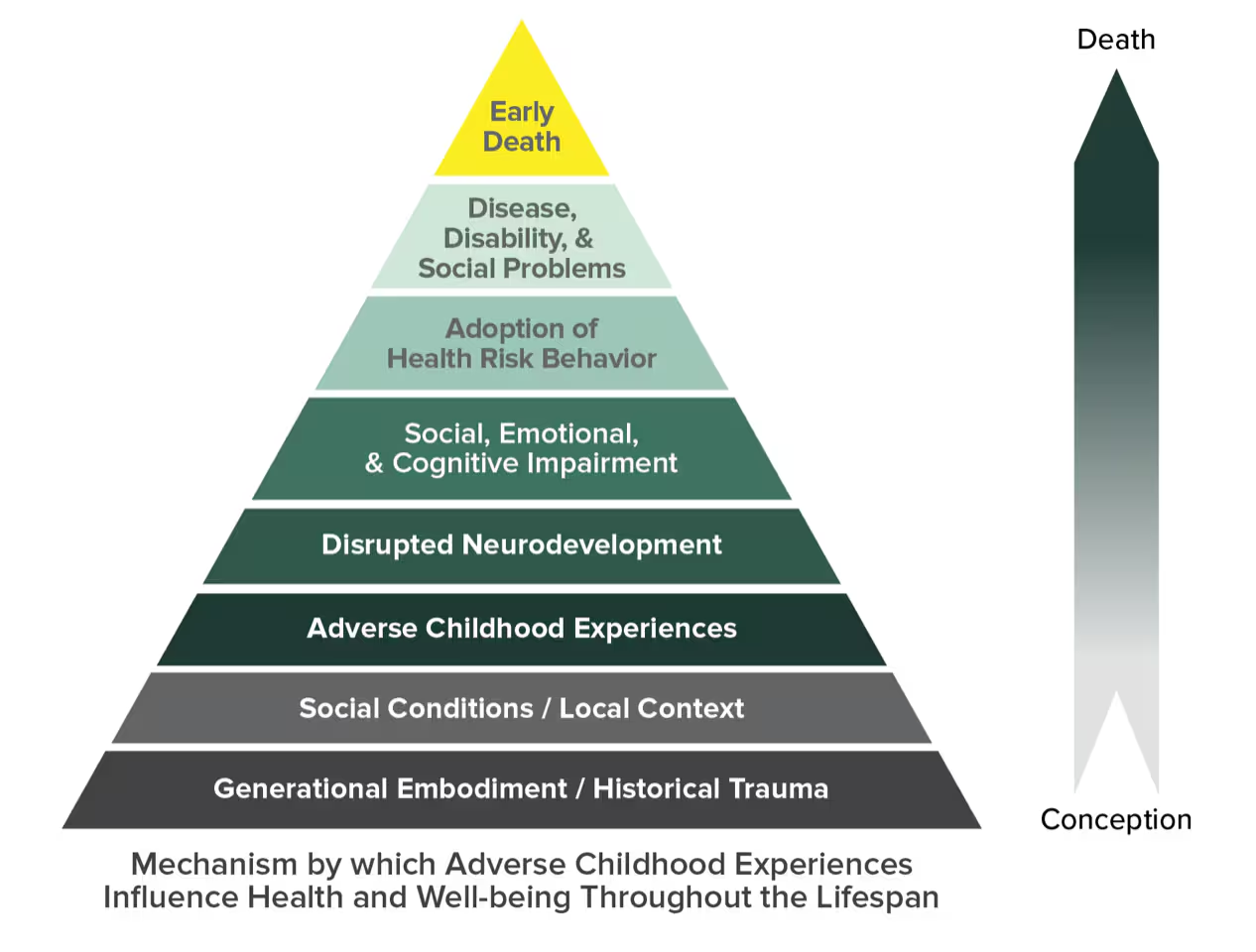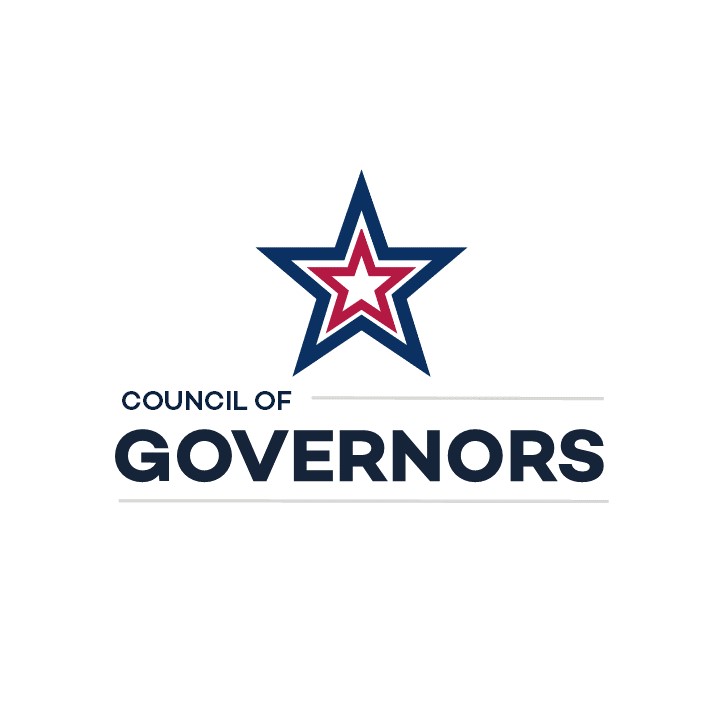The Bipartisan Safer Communities Act of 2022 (P.L. 117-159), aims to combat gun violence, and includes provisions that will improve access to mental health care and help equip schools with the resources necessary to keep schools safe.
On June 9th, former Chairman of the National Governors Association, Arkansas Governor Asa Hutchinson and Vice Chairman New Jersey Governor Phil Murphy wrote a letter to President Biden, informing him of the establishment of NGA’s Governors’ Bipartisan Working Group on School and Community Safety. On June 21st, Governor Hutchinson, and Governor Murphy issued a statement responding to the bipartisan legislation Congress introduced.
On June 30th, NGA’s Governors’ Bipartisan Working Group on School and Community Safety convened its first meeting. The working group looks to study and make recommendations designed to combat gun violence and provide families confidence in the safety of their communities, and in particular, their schools.
Former NGA Chairman Governor Hutchinson and Vice Chairman Governor Murphy released a statement naming Utah Governor Spencer Cox, Maryland Governor Larry Hogan, New York Governor Kathy Hochul, Connecticut Governor Ned Lamont, South Carolina Governor Henry McMaster, and Michigan Governor Gretchen Whitmer to the working group.
The Senate passed the Bipartisan Safer Communities Act by a vote of 65-33 on June 23rd, followed by House passage by a vote of 234-193 on June 24th. On June 25th, President Biden signed the measure into law. NGA released a memo and charts, outlining the critical provisions for states and territories within the legislation. NGA looks forward to assisting states and territories as they move towards implementation.
This law includes $4.5 billion for state grant programs that will help reduce gun violence and expand access to community and school-based behavioral health services for children and families. This includes $1.5 billion in appropriations for the public safety provisions, of which, $750 million will go through the already authorized Byrne Justice Assistance Program. Additionally, significant funding will go towards mental health provisions to implement such programs as the 988 National Suicide and Crisis Lifeline that provides 24/7 free confidential support, and $1 billion for the Safe and Healthy Students Programs in Title IV -A of the Elementary Secondary Education Act (ESEA).
NGA’s Governors’ Bipartisan Working Group on School and Community Safety is hosting a three-part series briefing, the first two will provide additional details on implementation of the Bipartisan Safer Communities Act. The first briefing “Improving Mental Health Services and Increasing Supportive Services in Schools,” is on the mental health and school provisions in the law. NGA will be joined by representatives from the U.S. Department of Health and Human Services and the U.S. Department of Education to discuss in more detail the allowable use of these funds and next steps and plans to release best practices for states and territories on the use of the new federal funds later this year.













